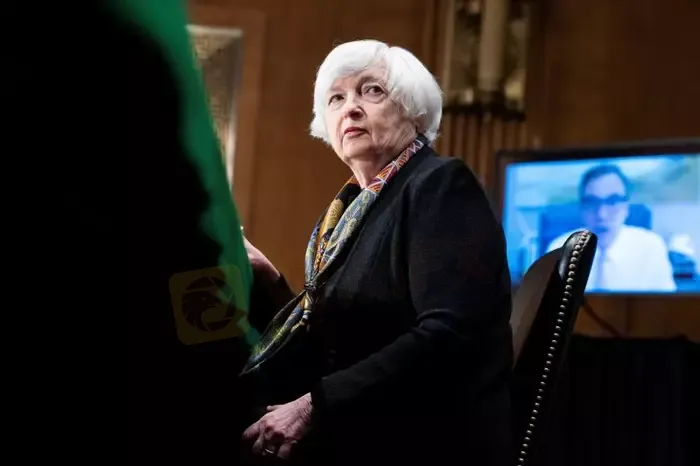简体中文
繁體中文
English
Pусский
日本語
ภาษาไทย
Tiếng Việt
Bahasa Indonesia
Español
हिन्दी
Filippiiniläinen
Français
Deutsch
Português
Türkçe
한국어
العربية
U.S., Japan agree to address Ukraine war-driven FX volatility, economic challenges
Abstract:U.S. Treasury Secretary Janet Yellen and Japanese Finance Minister Shunichi Suzuki agreed on Tuesday to further strengthen bilateral ties and work together to address rising food and energy prices exacerbated by Russia’s war in Ukraine.

They said the war had increased exchange rate volatility, which could have adverse implications for economic and financial stability, and pledged to continue to consult closely on foreign exchange markets and “cooperate as appropriate” on currency issues, in line with their commitments as part of the Group of Seven (G7) and Group of 20 economies.
The two leaders also urged China and other non-Paris Club creditors to cooperate “constructively” in working out debt treatments for low-income countries facing debt distress, and underscored the need for coordination to ensure fair burden-sharing among creditors of Sri Lanka and other vulnerable middle-income countries.
Their joint statement also touched on issues ranging from climate change to global tax reforms and a price cap on Russian oil that the United States has proposed to prevent Moscow from benefiting from using higher oil prices to fund its war in Ukraine.

Disclaimer:
The views in this article only represent the author's personal views, and do not constitute investment advice on this platform. This platform does not guarantee the accuracy, completeness and timeliness of the information in the article, and will not be liable for any loss caused by the use of or reliance on the information in the article.
Read more

IMF Warns Japan of Spillover Risks from Global Market Volatility
IMF alerts Japan to rising foreign market volatility, BOJ rate hikes, and liquidity risks. Learn how these factors could impact Japan's economy.

Win $100,000 in XM Competitions: Trade for Cash Prizes!
Join XM Competitions from 20-27 Feb for a chance to win $100,000! Compete by skill or luck. No entry fees. Trade on a secure, award-winning platform.

Valentine's Day Bonuses: Embrace Love and Wealth Together
New User Exclusive Benefits! Download & Register,Share a $10,000 prize pool!

Why Do Malaysians Keep Falling for Money Games?
Malaysia has seen a persistent rise in money game schemes, luring thousands of unsuspecting investors with promises of high returns and minimal risk. These schemes operate under various disguises, from investment clubs to digital asset platforms, yet they all follow the same fundamental principle—new investors fund the profits of earlier participants. Once the cycle collapses, the majority are left with devastating losses. Despite repeated warnings and high-profile cases, many Malaysians continue to fall victim. What drives this phenomenon?
WikiFX Broker
Latest News
Robinhood Halts Super Bowl Betting Contracts After CFTC Request
3-Day Online Scam Trap: Victims Lose $200K—Don't Be Next!
Japan's January PMI has been released, investors need to pay attention to these points!
Investment Scam on Telegram: How a Woman Lost Over RM65,000
Judge halts Trump\s government worker buyout plan: US media
Spotting Red Flags: The Ultimate Guide to Dodging WhatsApp & Telegram Stock Scams
WikiFX Review: Why so many complaints against QUOTEX?
Trans X Markets: Licensed Broker or a Scam?
Carmaker Kia becomes latest global firm to face tax trouble in India
RBI: India\s central bank slashes rates after five years
Currency Calculator


